 A few days ago, the National Sports Festival began in Abuja. It happened without a whimper.
A few days ago, the National Sports Festival began in Abuja. It happened without a whimper.
On the opening day, the stadium was empty of spectators, the programs did not run smoothly, the lights in the stadium went out during the ceremony, and complaints dominated the entire opening ceremony. One day into the anticipated feast of sports the stories coming out of Abuja are a far cry from the expectations when the event was wrested from Cross Rivers State that prevaricated for six whole, wasted years without hosting it.
What should ordinarily be Nigeria’s biggest sports event has now become a shadow, very far from its originally envisioned objectives. I was an active pioneer participant and beneficiary of the first National Sports Festival. It is unbelievable that 45 years have come and gone since that eventful evening in 1973 when, before a capacity audience of some 60,000 sports fans I was one of those that birthed the games with an opening-day football match between Western State and Lagos State on the lush green turf of the main bowl of the National Stadium, still mint-fresh from the Second All-African Games that held within the stadium complex in Surulere, Lagos, a few months before. I transited from the games to the Green Eagles, the national football team of Nigeria, as a result of my performance on a single night during the games. That was the intent, the spirit and a major objective of the games – to discover and showcase the best talent.
The biannual event was designed to showcase the best athletes in the country, from elite to up-and-coming, exceptionally gifted, young athletes discovered from every nook and cranny of Nigeria, across all Olympic sports, in a festival of healthy competition, cultural exchange, unity, love and friendship in the true spirit and tradition of the Olympic movement. The three main objectives for establishing the games were to develop and showcase Nigeria’s best in all sports, to unite the youths of a country that had just gone through a 3-year horrific civil war, and to use the games as a social, cultural and economic development tool for the host State.
The objectives were successfully met during the early years of the games even when the games left Lagos after the 1975 edition and were moved to other cities – Kaduna in 1977, Ibadan in 1979, Ilorin in 1981, and so on. The dilution of the games’ objectives began with the change of guards at the headship of Nigerian sports, particularly the retirement of Mr. Mogaji, the first Director of Sports in a Sports Ministry that existed side by side a National Sports Commission that was, technically, directly in charge of developing and administering sports in the country. The commission was under Dr Isaac Akioye, a thoroughbred professional with sports development ideas acquired in the USA flowing in his veins. A myopic understanding of the intent of the original visionaries by their main successor in the Sports Ministry became the foundation for the devaluation and dilution of the aims, objectives, goals and successes of the games. In the early 1990s, with the change of guard at the Directorate of sports in the Sports Ministry, the following festivals, as indeed the rest of sports development in Nigeria, began a slow and steady decline under Dr Amos Adamu, a hardworking academic that came in from the ‘cold’ of academia, obviously failing to capture or imbibe the original objectives of the departing pioneer visionaries. Before the new man could even get a hang of things further changes as a result of change in governments in the early and mid 1990s took the dilution to irretrievable levels, such that, before we realized it (that’s even if we did at any time till now), the ship of sports was drifting, rudderless, into the vast wilderness of an endless ocean, lost forever to its original vision and destination. Even in conversations today, the disparity between the few remnants of the original vision still alive, and the present and past administrative actors since Amos Adamu, are planets apart. That’s why the National Sports Festival has become the shambolic irritant that many State governments presently consider it to be, a time wasting, and a money-gulping exercise that is riddled with corrupt practices and nothing productive either in sports or outside it to show for all the noise and funds constantly demanded to keep it going. Indeed, in some States, the festival has become the only major sports programme of their Sports ministries and their only source of getting money for sport in their States and for their pockets. The National Sports Festival has suffered endless controversies particularly about eligibility and welfare of participants during the games. Many other unanswered questions have also dogged the festival through the decades – the win-at-all-costs syndrome, elimination of age categorisation, and the introduction of bidding to host by States. Winning medals by all means and at all costs also became the greatest objective of States rather than developing athletes, athletics and society. The essence of the games was lost, taken over by narrow interests outside of talent discovery, talent display, healthy competition, and the social, cultural and economic spin-offs from hosting such games. Whereas those aspects are the legacies that should sustain for generations after the games, catalyzed, facilitated, accelerated and made a reality by them. As Abuja settles down to welcome thousands of athletes from all over the country, we can only hope that some positives can be taken away from the shame that has unfolded in the past few days. There are some faces emerging in some States in the country that should see the 19th edition of the National Sports Festival as their litmus test, the last of such disgrace and the impetus to champion a return to the original vision of the games that still sustains till now. Delta, Edo and Lagos States may be leading that charge. They have appointed an exciting number of new sports administrators to head their sports. They can start that essential change in Nigerian sports and, particularly, the National Sports Festival. Another close look at the National Sports Festival must be undertaken after these games with the intention to reposition the games to make it the biggest, the best, most beneficial and most lucrative multi-sports event in the whole of Africa. Nigeria can set that pace and model.
The Festival and I.
When it began in 1973 I was a participant. I was a member of the Western State contingent. The vision of the festival then was very clear. I can testify to that because I was one of the products and beneficiaries of that mission. Going to the national sports festival was a festival itself. It was a big deal. It was like going to our own Olympics. Athletes trained well and gave their all during the games aside from building life-long friendships cemented on the tracks and fields. I got my first invitation to the national football team of Nigeria, the Green Eagles, as a result of my performance during the festival. The best young athletes within every State competed with the best in the land and aimed for the skies. Every athlete, young and elite, had an opportunity to compete.
That should be the spirit.
As the games in Abuja begin, I hope that somehow, sanity will return to Nigerian sports, and the spirit of friendship, fairness, competition, unity and patriotism will be rekindled so that sport may reoccupy its rightful place as a powerful instrument of development and change in our country.

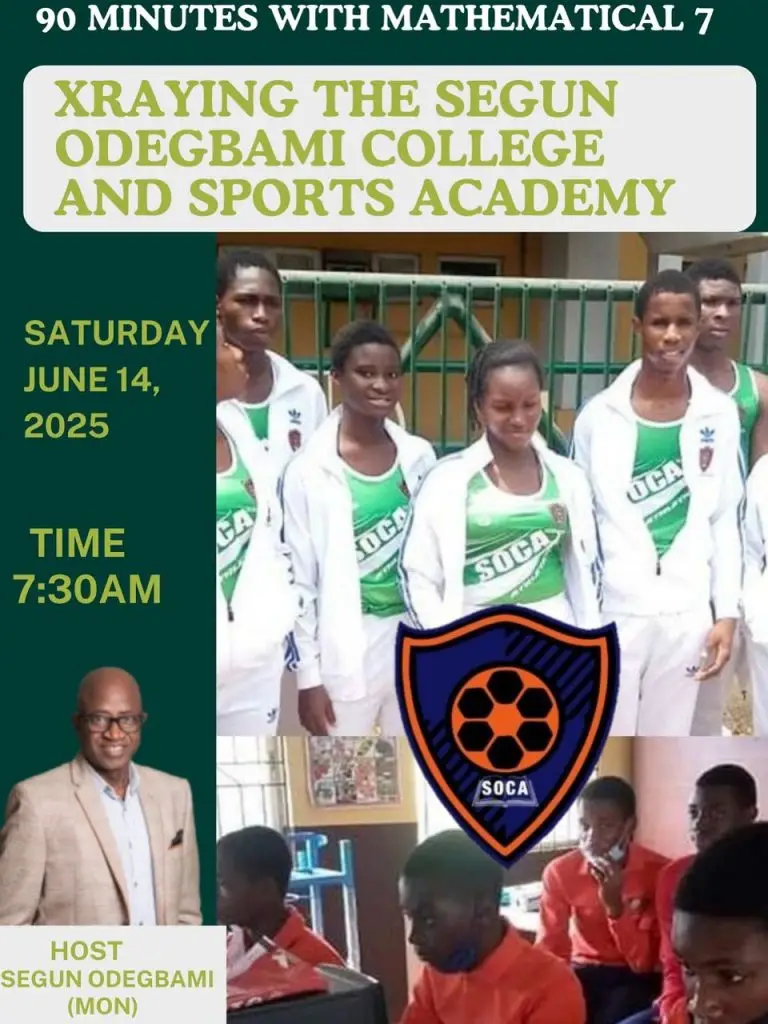
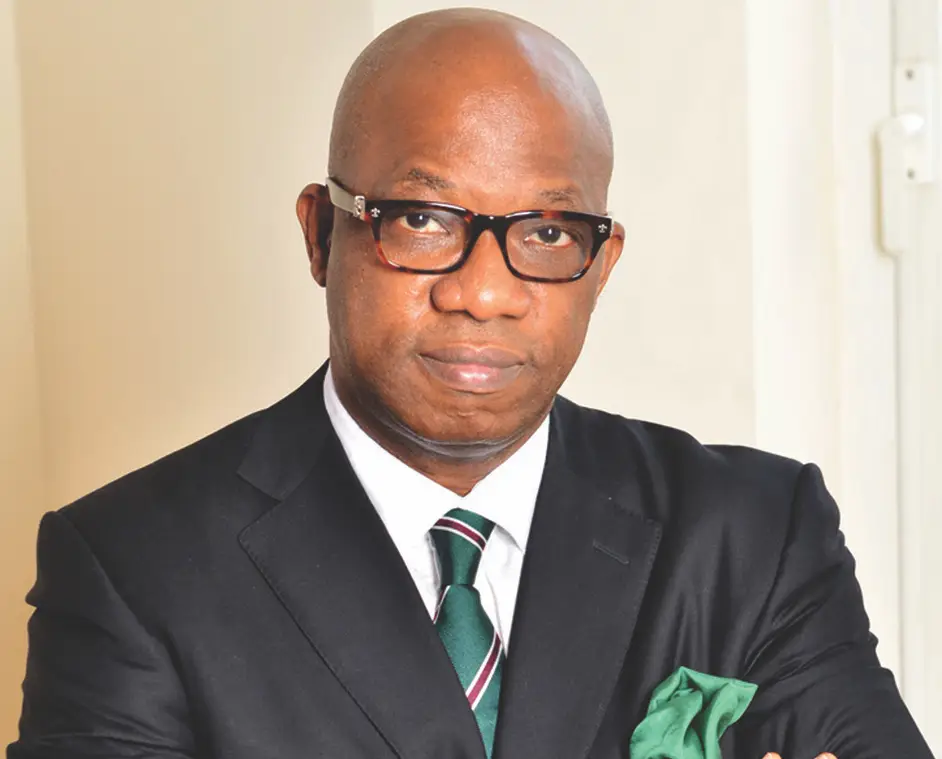
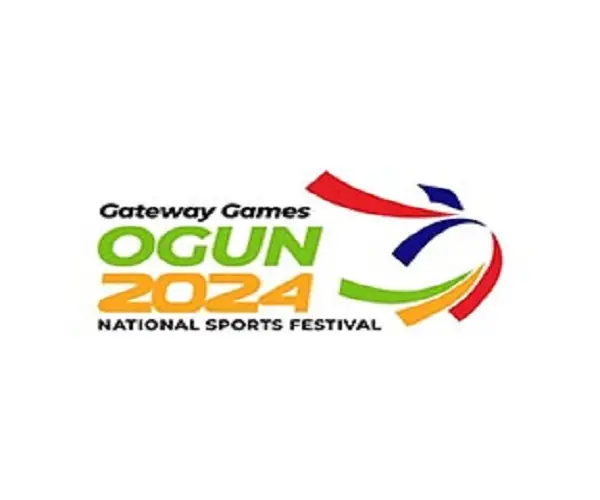
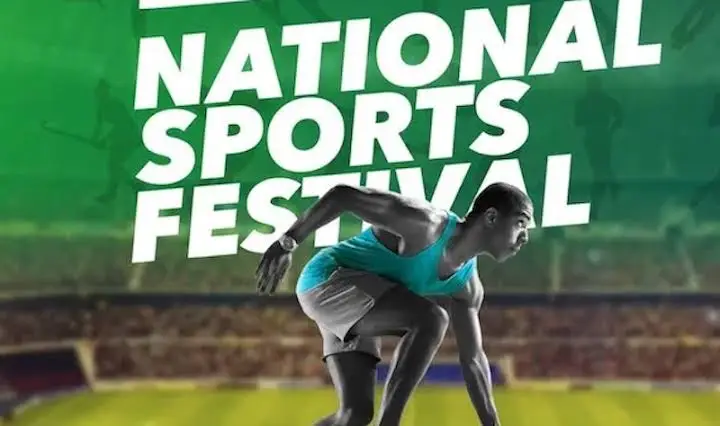
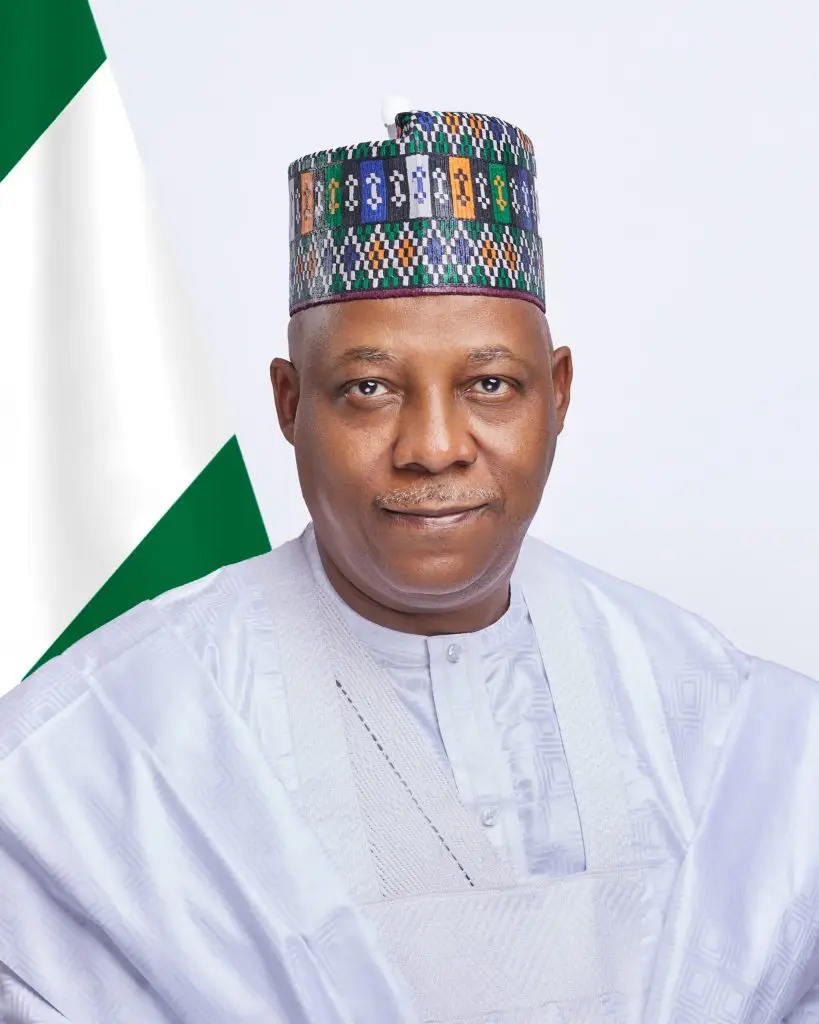



Thanks, Big Seg for this effort at calling the nation’s attention to this important aspect that can take our nation up and move her forward. The question now is whether the situation can be redeemed now or at all in view of where we have caused ourselves to be. As you know everything about Nig is soaked/drowned in politics which sadly though has never led us to anything meaningful or rewarding. Keep it up brother and do not lose hope as posterity has a way of visiting documents and would surely do same in this case of yours someday.